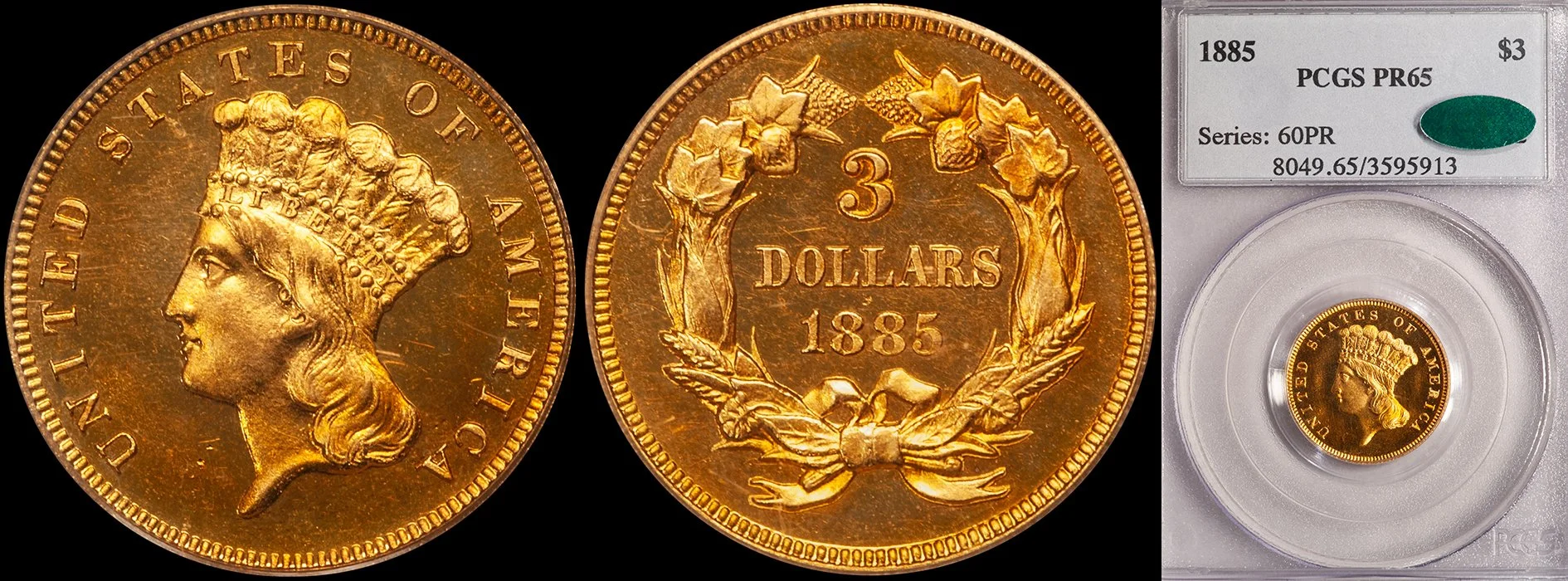How to Become a Good Coin Collector
/One of the oldest jokes in the book goes, "How do I get to Carnegie Hall? Practice, practice, practice." Hoary? Yes. Old when your grandpa was a kid? Sure. But oh so true and applicable to the subject of this blog which is, as you no doubt already know, "how to become a good numismatist." Because to become a good collector, you do need to practice. But what exactly do you need to practice most? I think the most important piece of advice I could give a new collector is to look at as many coins as possible. There are self-proclaimed numismatic experts who gain their knowledge from research but the truly savvy collectors that I have met have acquired their knowledge the same way that I have: they've looked at countless coins.
How do you get to look at coins? There are really only two ways that the average collector is going to be able to view significant numbers of important coins: at shows and at auctions. If you specialize in a specific sort of coin, make certain that you spend the limited amount of time you have at shows or at auctions looking at the coins you really need to be viewing; save the numismatic tourism for later.
One trick I suggest that collectors try at auction viewing is to cover the grade of the coin that they are looking at and guess what the grade actually is. Or, establish grade parameters and write if you think the coin is an "A" "B" or "C" quality example. After the sale is over and you analyze prices realized, you can get an idea of how accurate your precision grading really is.
I can't think of a better way to become a good collector than to buy, sell and trade coins. I'm not saying that you have to become a fledgling numismatic empire. But I think one of the best ways to become comfortable with any hobby is to be an active participant in both the buying and selling side.
One of the things that you learn from being a buyer and a seller is how to calculate your "upside/downside rate" with each purchase. It might be easy to justify paying $3,500 for a certain Dahlonega half eagle for your collection but what would it sell for if you placed it in the open market? $2,750? $3,000? $3,500? As they say, you can't play if you don't pay...
You've probably read a hundred times how important it is for a collector to learn how to grade. I haven't met that many collectors who know how to grade; at least outside of their realm of expertise. But the most successful collectors I've met all share at least one trait: they understand the aesthetics of numismatics. In other words, they may not be able to tell the difference between an MS62 and MS63 Charlotte quarter eagle but they know the difference between a below-average coin, an average coin and a high end coin.
The "aesthetics" of coins is probably the most important point I'm making in this blog. To be a good collector you really need to understand what constitutes a "good" coin in your series. If you collect St. Gaudens double eagles, the parameters will be much different than if you collect Type One double eagles.
And this is where having a good relationship with a dealer enters the picture. Behind every great collector there is a great dealer who acts as a conduit, providing information, guidance and coins. In this day of information overload it is tempting to think that the collector can go it alone and build a meaningful collection bidding in on-line auctions. If you are incredibly lucky, you'll only make an occasional mistake going the I-can-do-it-myself route. If you have average luck, you'll make a number of errors and some may prove costly.
One last thing: study and read all that you can about the coins that interest you and the market itself. It never ceases to amaze me when I hear stories about very successful businessmen who spend $1 million on generic gold and overpay by 40%. You would think they would spend thirty minutes on the web to compare prices and get a feel for the absolute basics of the market.
I've said this before and I'll say it again: the time that you put into numismatics will be doubly or triply rewarded as you wade further and further into the coin pool. This can be an infuriatingly complex hobby but there are ways to simplify it and this will only serve to give you more and more enjoyment.










